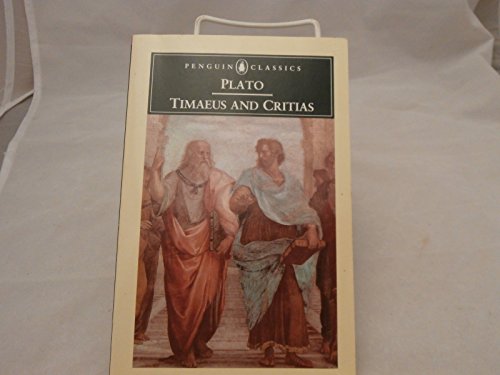Taking the form of dialogues between Socrates, Timaeus, Critias and Hermocrates, these two works are among Plato's final writings. In Timaeus, he gives a thorough account of the world in which we live, describing a cosmos composed of four elements - earth, air, fire and water - which combine to give existence to all things. An exploration of the origins of the universe, life and humanity, which outlines not just physical laws but also metaphysical and religious principles, it remained a paradigm of science for two thousand years. The mysterious preamble to Timaeus contains the first account in literature of Atlantis, while the fragmentary Critias, unfinished by its author, provides a spellbinding description of the lost continent's ideal society, which Critias asserts was created by the god-like children of Poseidon himself.
Plato (c. 427-347 b.c.) founded the Academy in Athens, the prototype of all Western universities, and wrote more than twenty philosophical dialogues.
Desmond Lee (1908-1993) taught for many years at Cambridge University..
![]()
